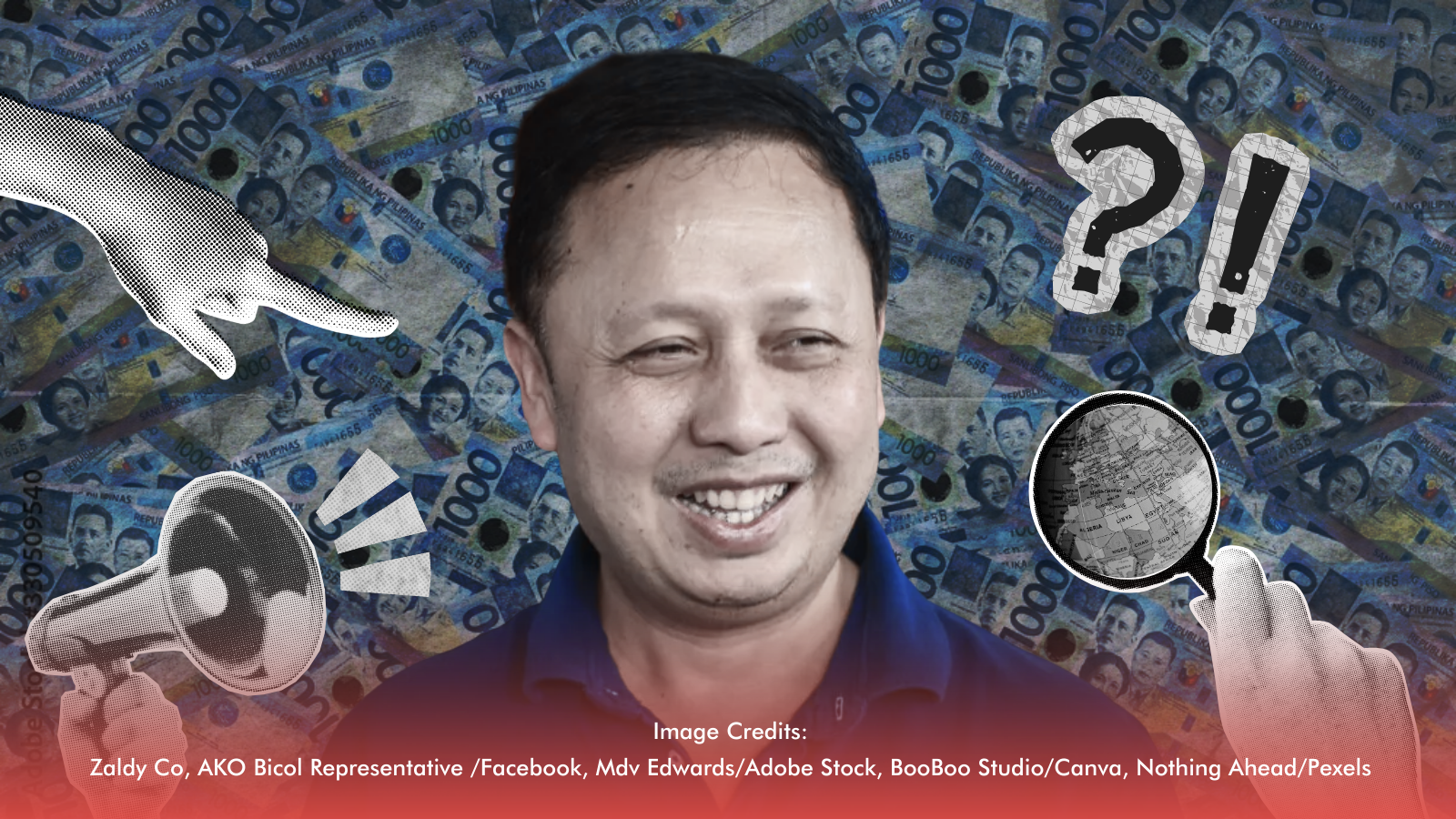Manila – The Philippines is currently engulfed in a political storm as allegations of corruption and increasing calls for President Bongbong Marcos Jr.’s resignation dominate public discourse. The controversy has sparked intense debate across traditional media, social media, and particularly on YouTube, where outspoken commentators have framed the ongoing crisis in highly opinionated—and often derogatory—terms.
Central to this political upheaval is former Congressman Zaldy Co, whose recent claims of corruption within the government have ignited a firestorm of discussion. Co has alleged that unauthorized “insertions” and illicit kickbacks have been embedded in the national budget, raising questions about the transparency and accountability of public funds. While some commentators portray Co as a whistleblower exposing serious misconduct, others paint him as a self-interested figure, accusing him of corruption and opportunism.

In a lengthy YouTube segment dissecting these issues, the host repeatedly attacked opposition groups, including the so-called “dilawan” (yellow) and “pinklawan” factions, as well as self-proclaimed communist activists. The commentary characterized these groups as hypocritical, weak, and opportunistic, arguing that their criticisms of the Marcos administration are politically motivated rather than grounded in principle. The host positioned the current administration as a target of relentless opposition attacks, framing the narrative in terms of a political struggle between defenders of government authority and actors seeking to destabilize Malacañang.
The discussion surrounding Co’s allegations has been particularly intense. According to the host, while Co accuses the government of corruption through budget insertions and kickbacks, he himself is not above reproach. The commentary portrayed Co as a “thief” and a politically opportunistic figure attempting to gain leverage against the Marcos administration. At the same time, the host used Co’s accusations to underscore the purported weaknesses and contradictions of opposition forces, presenting a narrative in which both sides of the political spectrum engage in questionable behavior.
Amid the heated rhetoric, the transcript includes a detailed interview with Co’s legal counsel, who offered a more measured perspective. The lawyer emphasized that the charges against Co are “defensible” under Philippine law, highlighting that budget insertions are not inherently illegal. Furthermore, the attorney noted that no formal, substantiated charges have yet been filed against Co, underscoring the distinction between allegations and legally binding accusations. This legal perspective introduces an additional layer of complexity to the crisis, revealing the tensions between public perception, political maneuvering, and judicial standards.
Observers note that the debate over budget insertions taps into broader concerns about governance in the Philippines. Budget insertions, while legal under certain circumstances, have long been a source of controversy, as critics argue they can facilitate corruption or favoritism if not properly regulated. Proponents, however, argue that targeted allocations to local governments or specific programs can be legitimate tools for development. The current dispute over Co’s allegations illustrates how these technical budgetary matters can become highly politicized, particularly in the context of a polarized media environment.

The controversy has also highlighted the role of social media platforms like YouTube in shaping public discourse. The host’s video, marked by fervent opinion and provocative language, reflects a broader trend in Philippine media: the merging of news, commentary, and political advocacy in a single, easily consumable format. While such content can provide viewers with detailed analysis and perspective, critics argue that it also risks spreading misinformation, oversimplifying complex issues, and inflaming political tensions.
Political analysts suggest that the current crisis has broader implications for the Marcos administration. Calls for resignation, fueled by opposition figures and amplified by social media commentary, put pressure on the president to address both the substance of the allegations and the perception of accountability. Meanwhile, defenders of the administration argue that attacks from figures like Co are strategically motivated, aiming to undermine governance rather than advance transparency. This dynamic reflects the polarized nature of Philippine politics, where trust in institutions and actors often intersects with partisan loyalties.
As the legal and political turmoil continues, the country faces questions about the proper mechanisms for resolving disputes over budgetary allocations, allegations of corruption, and accountability for public officials. The Co controversy underscores the difficulty of separating legal standards from political narratives, as well as the challenges of maintaining public confidence in governance amidst a highly charged media landscape.
In the coming weeks, attention will likely focus on both the formal legal developments surrounding Co and the broader political fallout. Analysts will be watching how the Marcos administration responds to criticism, whether opposition forces can sustain pressure, and how media narratives shape public perception. For the citizens of the Philippines, the debate over budget insertions, alleged kickbacks, and the conduct of both elected officials and former lawmakers serves as a vivid illustration of the intersection between law, politics, and media influence in the nation’s governance.
Ultimately, the Zaldy Co case and the ensuing political discourse demonstrate that Philippine politics remains a complex and contested arena, where legal ambiguity, partisan strategy, and media amplification converge to shape both public understanding and political outcomes. Whether this controversy will lead to substantial reforms, legal consequences, or simply further polarization remains to be seen—but it has undeniably placed the Marcos administration under unprecedented scrutiny.





